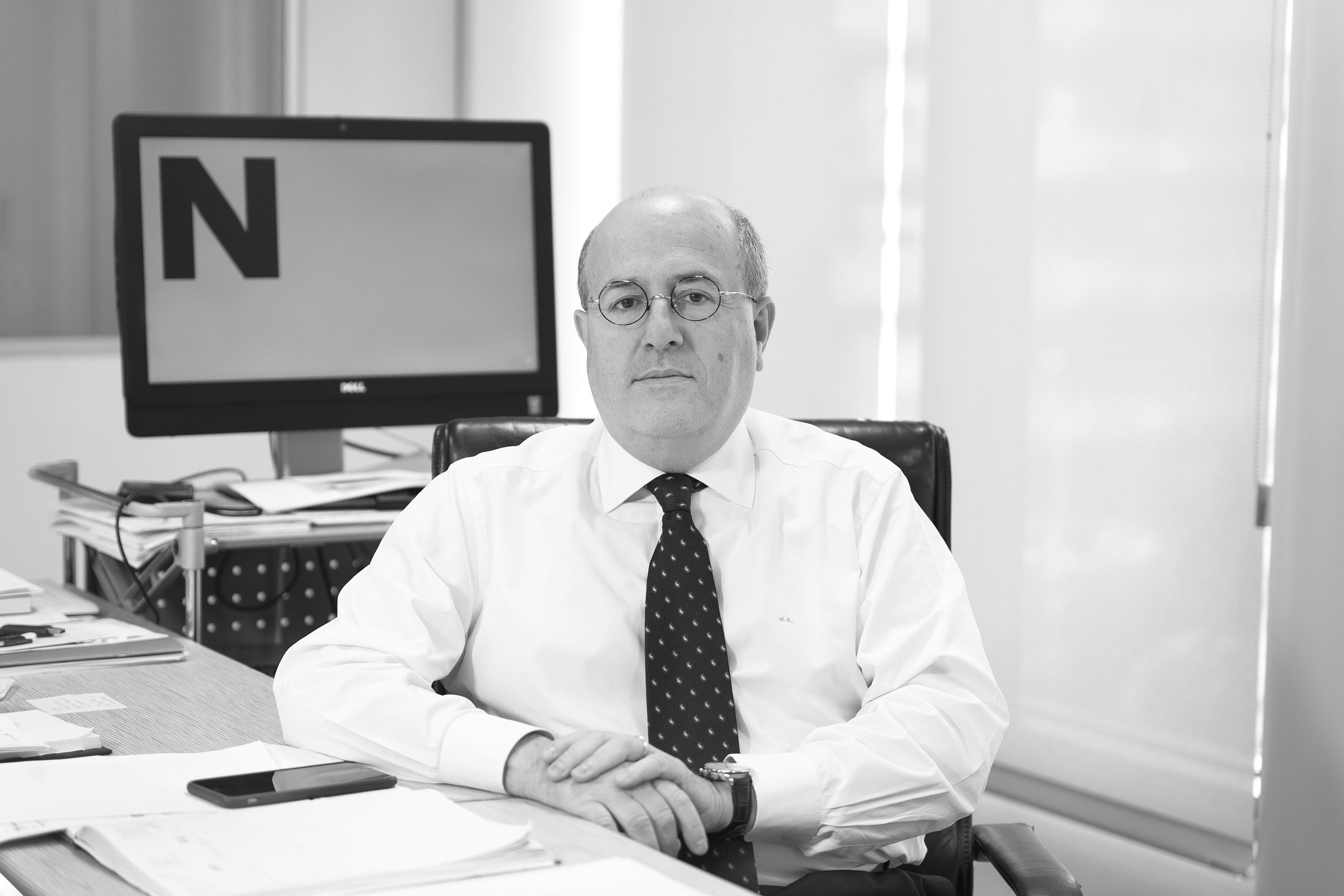Whether we like it or not, a 21st century politician is the one that commands the stage. Able to surprise and improvise, whilst appearing like they'd got it all planned out. And they're a good communicator. Especially that, a good communicator. Pedro Sánchez is quite like that: every day, he pulls a rabbit from his hat and wears a smile. No sooner has he pulled a budget from up his sleeve, one of those where he always wins (if it's passed, he'll present it as an example of his government's stability, and if the Congress blocks it, it will be the perfect basis for his election campaign), than he reconciles with a certain part of the right by putting former deputy prime minister Soraya Sáenz de Santamaría on the Council of State. And meanwhile, he lets Pablo Iglesias get on with things, visiting the Catalan political prisoners in Lledoners prison with the right on the warpath because the Spanish state's accounts are being debated in a correctional facility with Oriol Junqueras. A lot of show, but you can live in politics for a long time on that.
The arrival of the architect of article 155 to the Council of State is, without doubt, difficult for Catalan independence supporters to swallow, the ones who, ironies of life, carried Pedro Sánchez to the Moncloa government palace with their votes. Bitter irony. Like that of having Josep Borrell as foreign minister. And, meanwhile, people in Madrid say time and again that Sánchez's government is a hostage of the pro-independence parties. Masochistic? A little. But that much? A Junts per Catalunya deputy, Francesc de Dalmases, has said on Twitter that the Santamaría thing is a mockery, and president Quim Torra has agreed. What's certain is that Sánchez has shown very quickly that if there's something he knows how to do, it's to deal it out with both hands. He's a killer who sends his ministers to Catalonia to make promises, gives the far right slack to pull PP and Cs towards them and offers the loser of PP's congress an institutional soft landing. Well paid, politically.
The two-party system of the Spanish transition to democracy might be on the way out (we'll see, at the moment of truth), but the pacts of '78 are always maintained. The PP finds places for PSOE people when it comes into government and vice-versa. El País reports that the prime minister called Santamaría in person some weeks ago to offer her a place on the Council of State for the next four years and to "agradecerle los servicios prestados al país" (thank her for the service she has given the country). To Spain, we understand for "país" (country), because if it was referring to the newspaper itself that would be like putting salt in the wound, given their good former relations with the former deputy PM and the fact that now PP is in opposition, their support has returned to its natural place.
It will also be that what 155 has joined together, let no man separate. That's what it will be.

